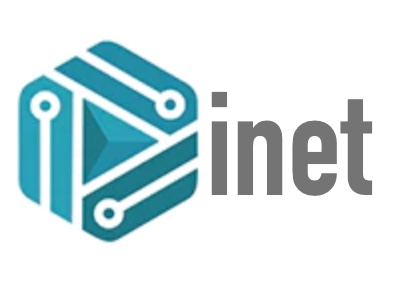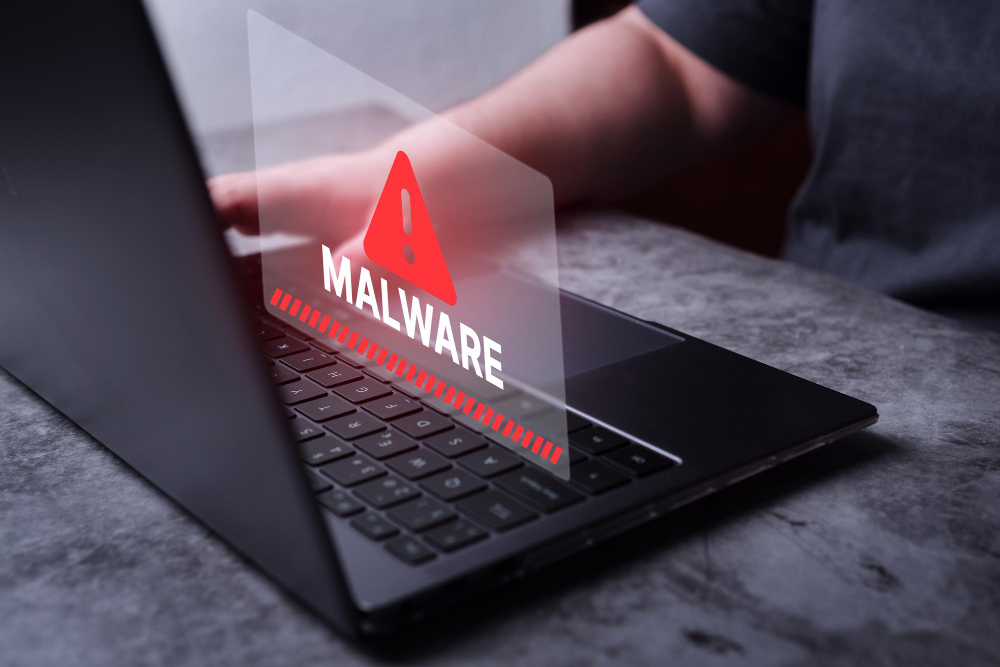Cybersecurity Program Development Plan
1. Security Gap Assessments
1.1. Objective: Identify vulnerabilities within current systems, processes, and security practices.
1.2. Activities:
- Perform internal and external vulnerability scans.
- Conduct penetration tests.
- Evaluate current security infrastructure against industry standards and best practices.
1.3. Deliverables:
- Detailed report highlighting detected vulnerabilities and risks.
- Recommendations for improvements and remediation.
2. Policies and Procedures
2.1. Objective: Develop and refine security policies and procedures tailored to the organization’s needs.
2.2. Activities:
- Review current policies and procedures.
- Benchmark against industry standards.
- Engage stakeholders for input and feedback.
2.3. Deliverables:
- Comprehensive set of updated policies and procedures.
- Change management plan for policy implementation.
3. Playbooks
3.1. Objective: Develop action-oriented guides for specific security incidents.
3.2. Activities:
- Identify common and high-risk security scenarios for the organization.
- Develop step-by-step guides for addressing each scenario.
- Regularly update playbooks based on changing threat landscape.
3.3. Deliverables:
- Set of playbooks for identified security scenarios.
4. Training
4.1. Objective: Ensure all staff have the necessary knowledge and skills to adhere to security protocols and recognize threats.
4.2. Activities:
- Develop a cybersecurity curriculum tailored to different roles.
- Hold regular training sessions.
- Monitor and test employee cybersecurity knowledge.
4.3. Deliverables:
- Training modules and materials.
- Report on employee training status and areas for improvement.
5. Tabletop Testing
5.1. Objective: Simulate potential security incidents to evaluate and refine the organization’s response capabilities.
5.2. Activities:
- Develop scenarios based on realistic threats.
- Engage cross-functional teams in simulated incident response exercises.
- Review and analyze performance post-simulation.
5.3. Deliverables:
- Detailed report on tabletop exercise results.
- Recommendations for refining playbooks, policies, and training.
6. Continuous Improvement and Review
6.1. Objective: Ensure the cybersecurity program remains relevant and effective against evolving threats.
6.2. Activities:
- Regularly review and update policies, procedures, and playbooks.
- Continuously monitor the cybersecurity landscape for emerging threats.
- Solicit feedback from employees and stakeholders on security practices.
6.3. Deliverables:
- Updated documents and playbooks.
- Periodic security status reports.




